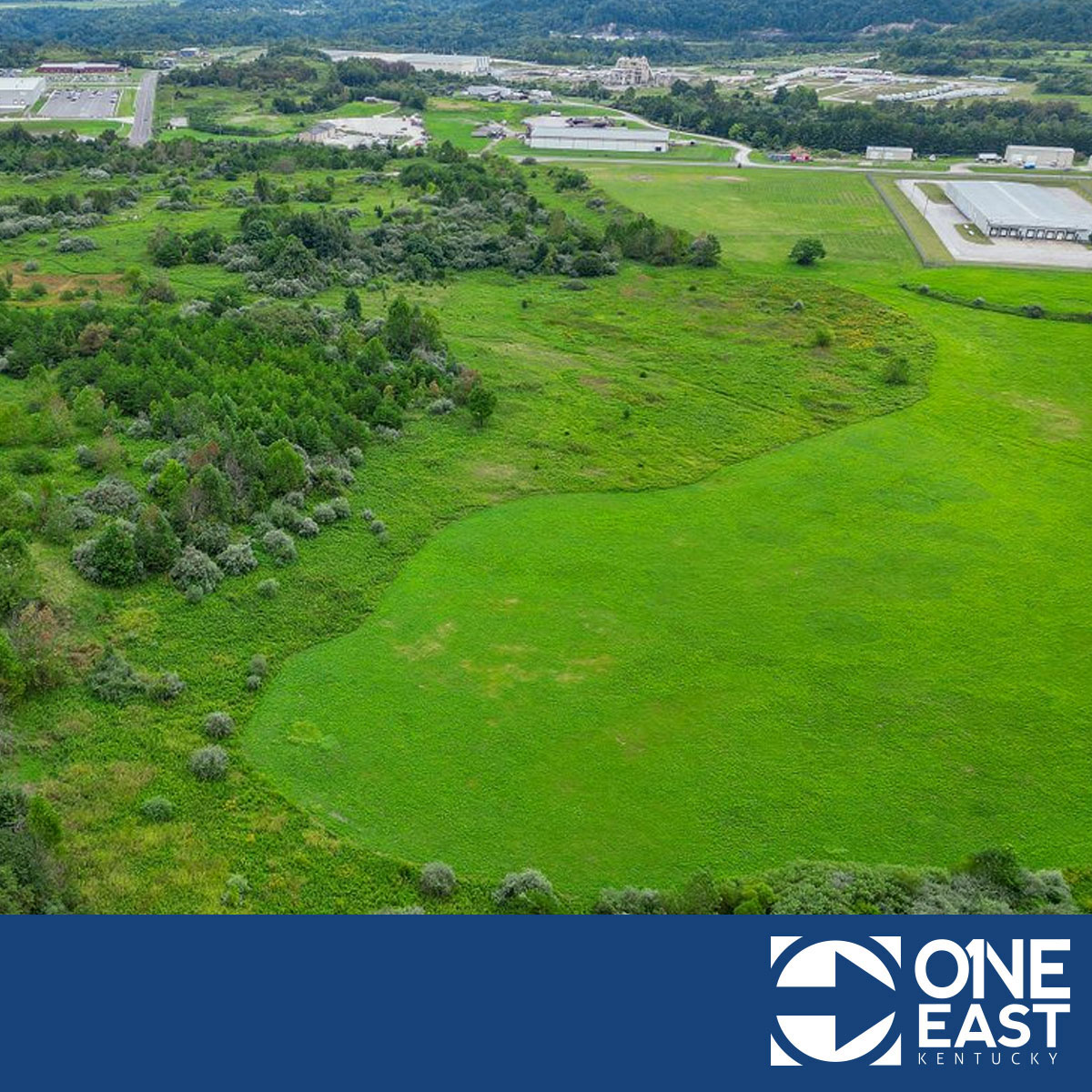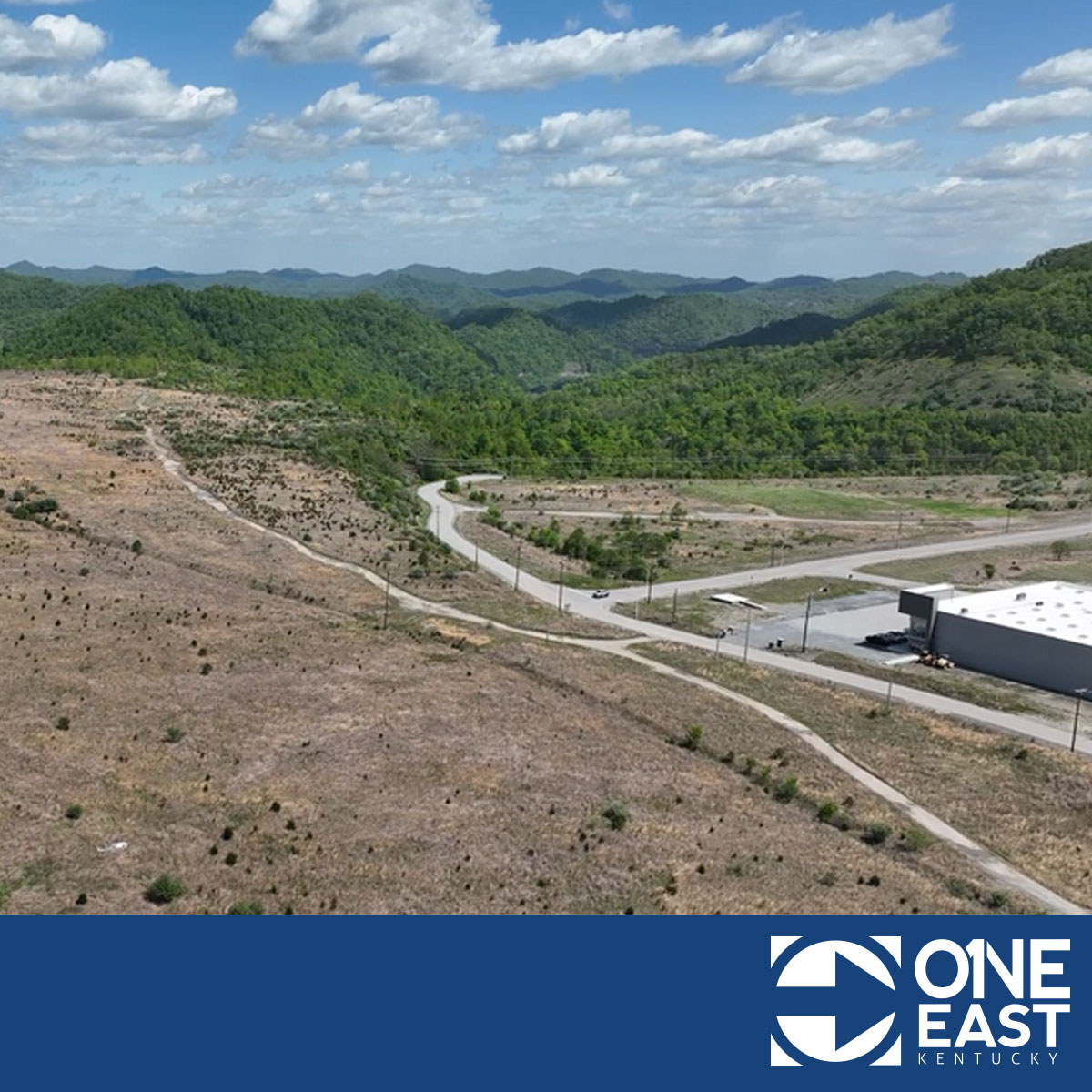What Do Steel and Aluminum Tariffs Mean for Eastern Kentucky?
12 Feb 2025
News

The following is a reflection from Colby Kirk, President & CEO of One East Kentucky, on the potential impact of tariffs in the region. As a lifelong resident of Eastern Kentucky and a leader in economic development, he has a clear understanding of how federal tariffs could be good and bad for the area.
I recently sat down with WYMT to discuss the impact of steel and aluminum tariffs on Eastern Kentucky. I’m thankful they reached out to cover this important topic and I wanted to expand on my thoughts as tariffs can be a complex issue with far-reaching impacts.
Tariffs have been around for a very long time and have been used for similar reasons we hear about today. One of the first major pieces of legislation passed by the First Congress in 1789 dealt with tariffs. It stated that tariffs are, “necessary for the support of government, for the discharge of the debts of the United States, and the encouragement and protection of manufactures.” Sounds familiar, right?
Tariffs have also been controversial since the founding of the United States. Alexander Hamilton advocated for tariffs as a revenue source for the federal government while James Madison said they would lead to reciprocal tariffs with other nations. This exciting topic didn’t make it into the famous musical, but Hamilton’s arguments prevailed, and tariffs were the major source of our federal government’s revenue until the Civil War.
The world has changed a lot since 1789, so what could these tariffs mean for us today?

My thoughts on the announced tariffs on steel and aluminum are conflicted. As I shared in the WYMT story, I do think they create opportunities for new investment in the United States, and a great example is Eastern Kentucky. This region is ripe for investment in metals as our infrastructure and workforce are well-equipped to support the metals industry. But if we think more critically about the issue, these tariffs may have a larger impact on some of the manufacturing already present in our region.
Some of Eastern Kentucky’s most successful manufacturers work with aluminum and steel. Perry County and Pike County are home to companies involved in manufacturing aluminum products. Both companies are Canadian-owned and may be reliant on their sister operations back home in Canada. Other companies in our region purchase high-quality steel from European markets. As tariffs kick in, this means increased costs for the manufacturers in our region buying the raw materials required to produce their finished products. These price increases can make their products more expensive and, as a result, less competitive. In a worst-case scenario, tariffs could cause a contraction in the market and even cause companies to have to cut back on jobs and investment in regions like Eastern Kentucky – the last thing our region needs.

I certainly appreciate the efforts by our leaders in Washington to make American companies more competitive and to encourage new investment and job creation in places like our region. However, I encourage them to consider alternative solutions that will help incentivize growth instead of penalizing established manufacturers that support our local economy.
Perhaps our leaders will consider alternatives, like free trade zones in areas of the country with persistently high unemployment and low median household incomes. Eastern Kentucky has come so far since the collapse of the coal industry. And we didn’t get a bailout like the automotive industry in Detroit or the Wall Street banks in New York. Our communities have made strategic investments in infrastructure to support new types of manufacturing. Education partners have created world-class training programs supporting a variety of skilled trades.
Eastern Kentucky is ready for work and for new companies to invest in creating jobs here. Let’s advocate for policies that support what we already have, but also encourage new growth in Eastern Kentucky.
– Colby Kirk, President & CEO of One East Kentucky
More Topics

2025 Kicks Off the ‘New Kentucky Home’ Initiative to Support Tourism and Economic Development
Jan 13 2025


